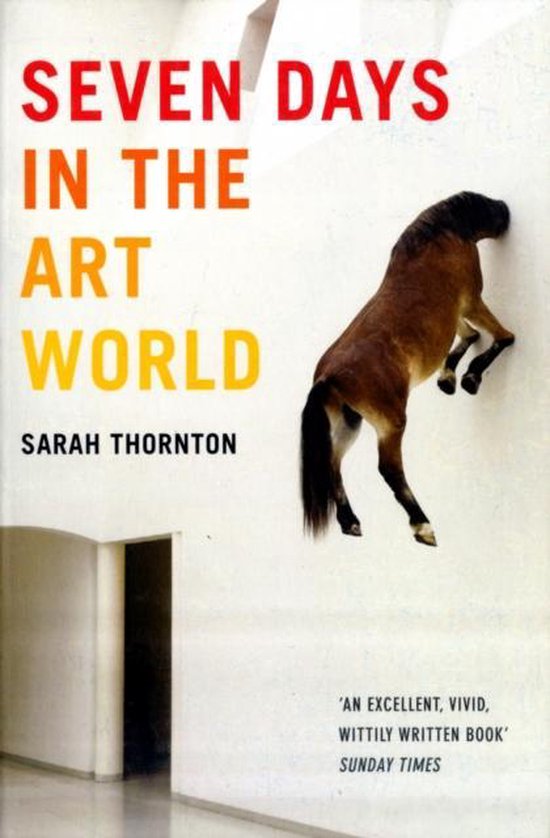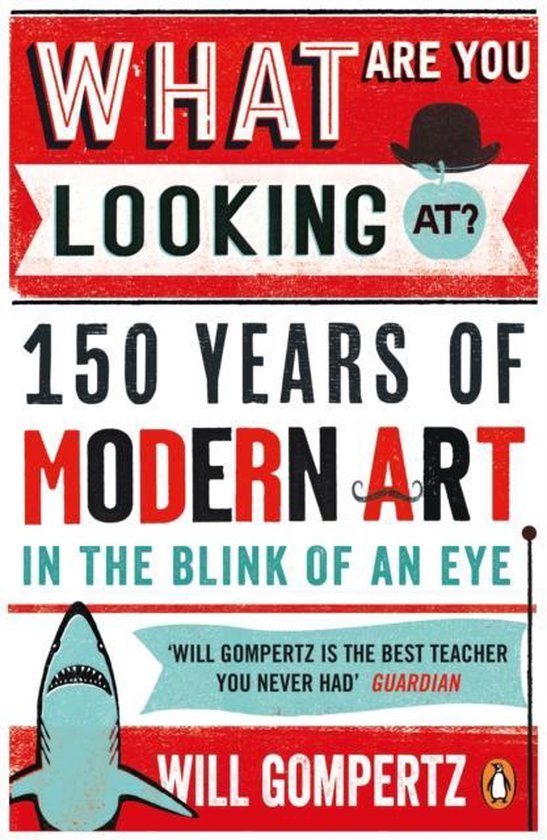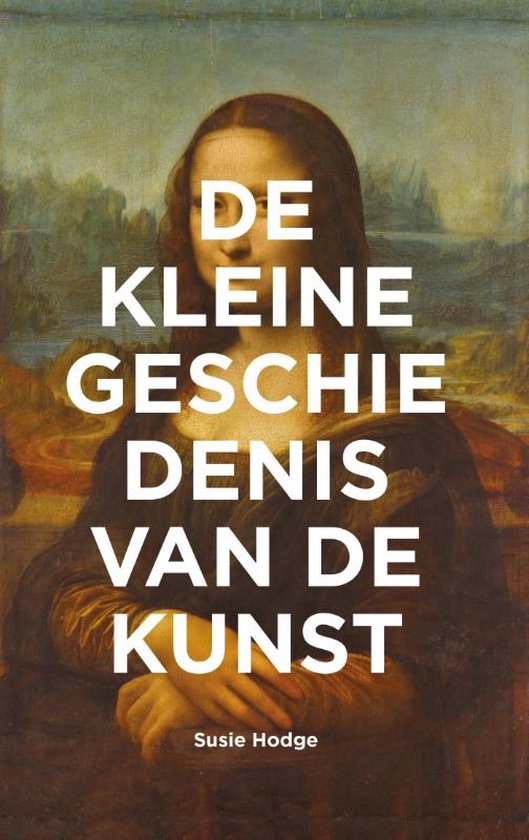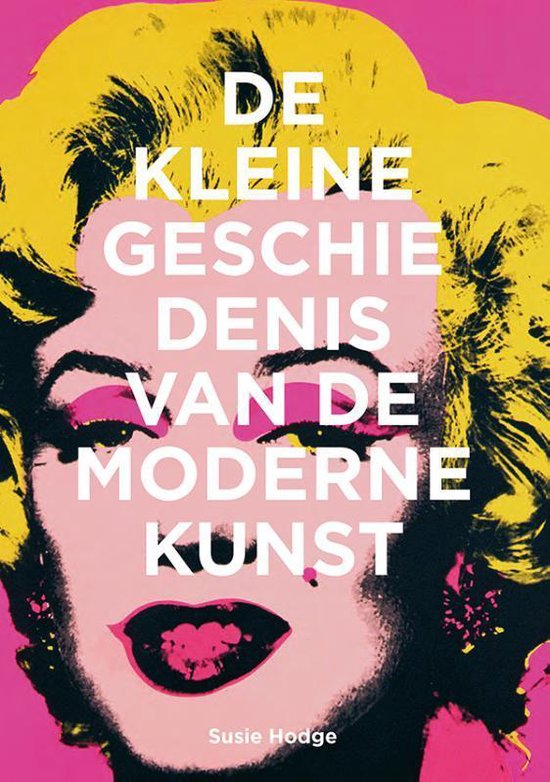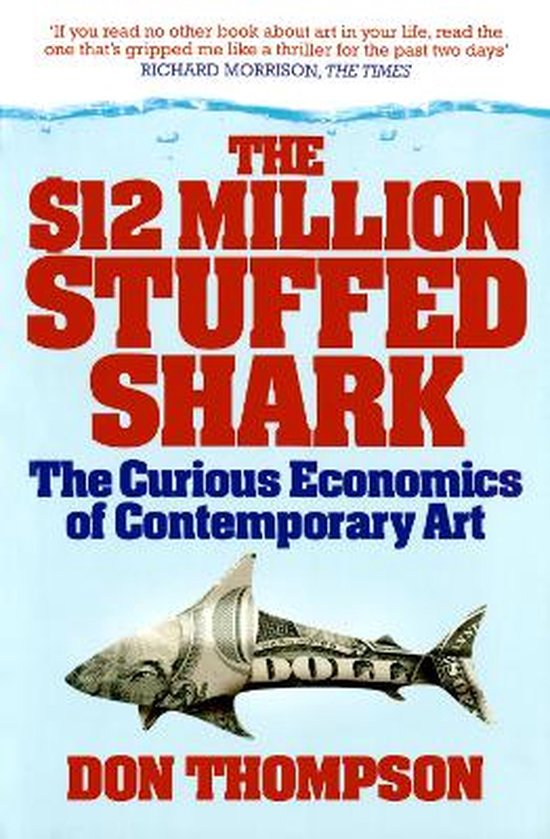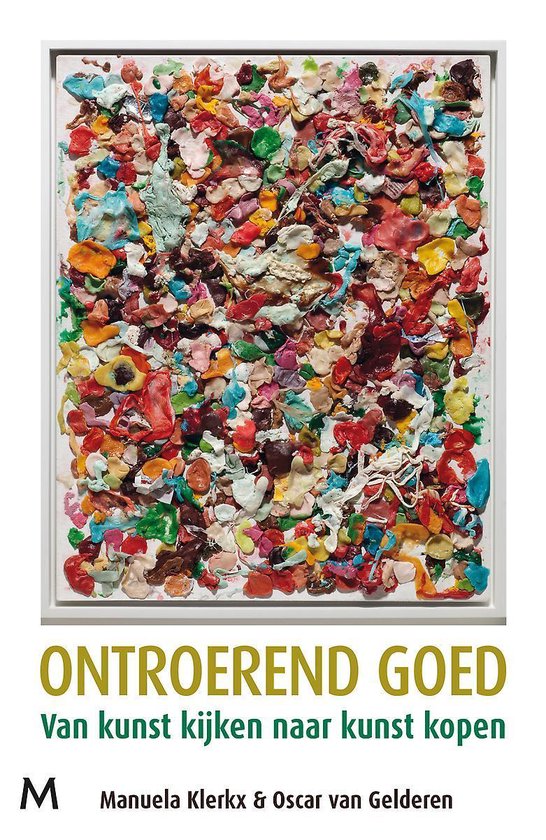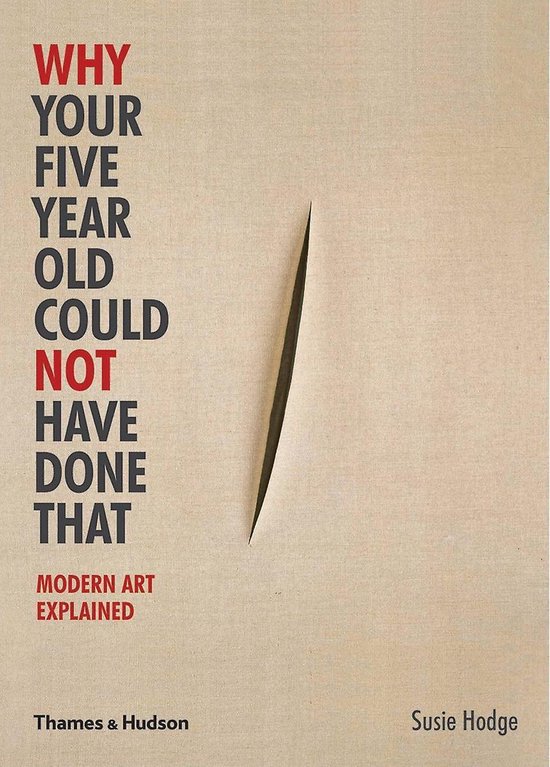
Why Your Five Year Old Could Not Have
Gives you an understanding of the ways in which modern art differs from realistic works of earlier centuries. This book examines 100 works of modern art that have attracted critical and public hostility from Cy Twomblys scribbled "Olympia", Jean-Michel Basquiats crude but spontaneous "LNAPRK", and more.
Why Your 5 Year Old Could Not Have Done That is Susie Hodge’s passionate and persuasive argument against the most common disparaging remark levelled at modern art. In this enjoyable and thought-provoking book, she examines 100 works of modern art that have attracted critical and public hostility – from Cy Twombly’s scribbled Olympia (1957), Jean-Michel Basquiat’s crude but spontaneous ‘LNAPRK’ (1982), to the apparently careless mess of Tracey Emin’s My Bed (1998) – and explains how, far from being negligible novelties, they are inspired and logical extensions of the ideas of their time. She explains how such notorious works as Carl Andre’s Equivalent VIII (1966) – the infamous bricks – occupy unique niches in the history of ideas, both showing influences of past artists and themselves influencing subsequent artists. With illustrations of works from Hans Arp to Adolf Wölfli, Hodge places each work in its cultural context to present an unforgettable vision of modern art. This book will give you an understanding of the ways in which modern art differs from the realistic works of earlier centuries, transforming as well as informing your gallery visits for years to come.
Why Your 5 Year Old Could Not Have Done That is Susie Hodge’s passionate and persuasive argument against the most common disparaging remark levelled at modern art. In this enjoyable and thought-provoking book, she examines 100 works of modern art that have attracted critical and public hostility – from Cy Twombly’s scribbled Olympia (1957), Jean-Michel Basquiat’s crude but spontaneous ‘LNAPRK’ (1982), to the apparently careless mess of Tracey Emin’s My Bed (1998) – and explains how, far from being negligible novelties, they are inspired and logical extensions of the ideas of their time. She explains how such notorious works as Carl Andre’s Equivalent VIII (1966) – the infamous bricks – occupy unique niches in the history of ideas, both showing influences of past artists and themselves influencing subsequent artists. With illustrations of works from Hans Arp to Adolf Wölfli, Hodge places each work in its cultural context to present an unforgettable vision of modern art. This book will give you an understanding of the ways in which modern art differs from the realistic works of earlier centuries, transforming as well as informing your gallery visits for years to come.
| Auteur | | Susie Hodge |
| Taal | | Engels |
| Type | | Paperback |
| Categorie | | Kunst & Fotografie |
